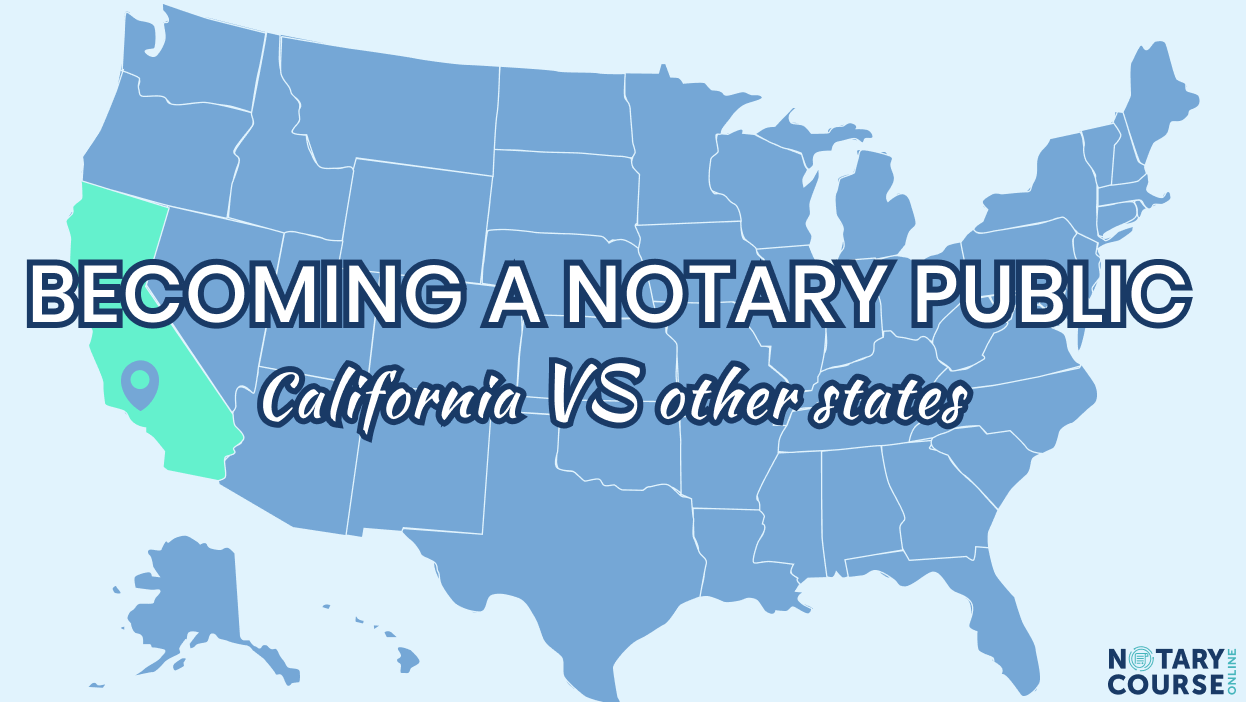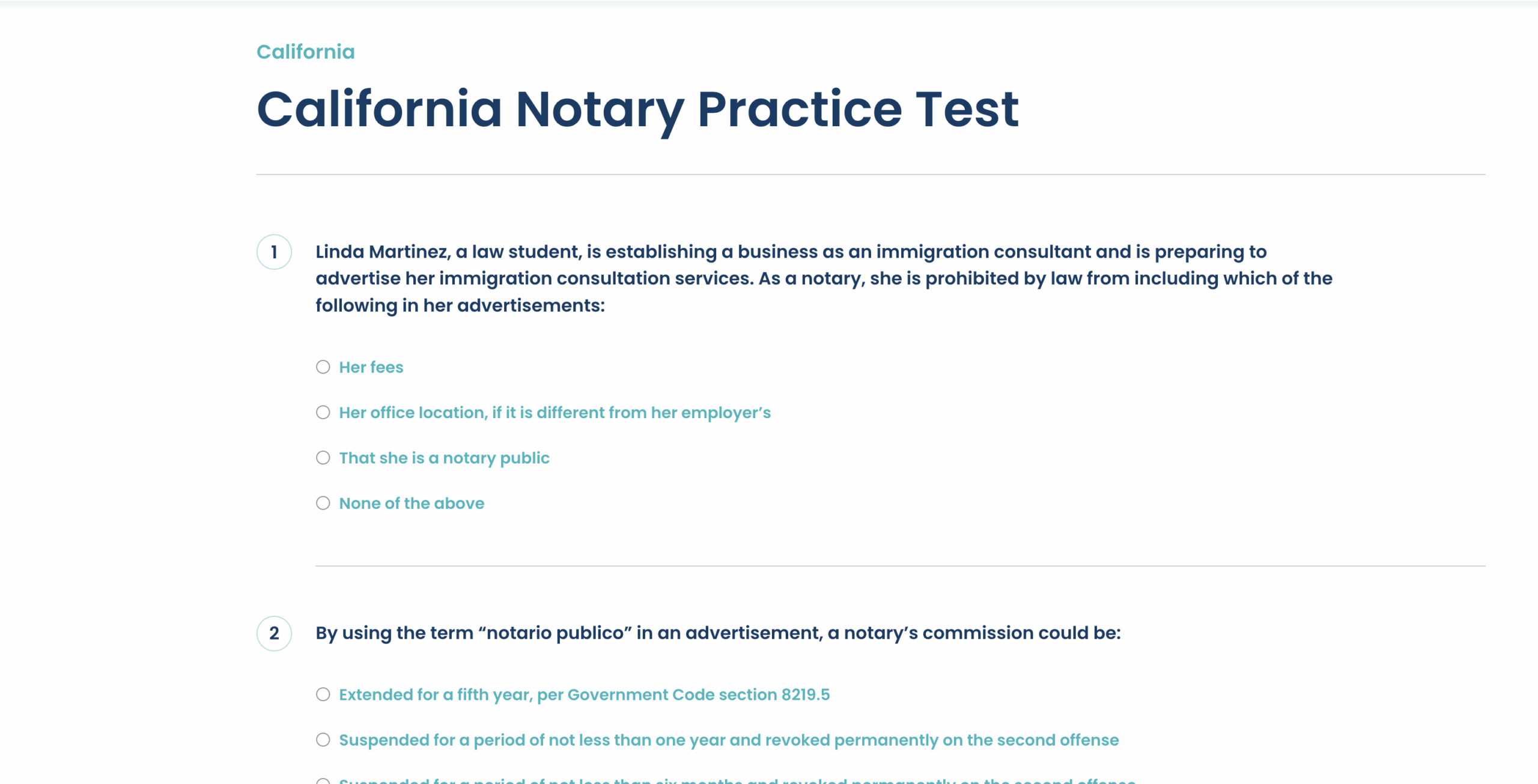California
Blog
Patients Need Patience – Notarizations in healthcare and hospital settings

-
by Carin Guertin
- August 15, 2024
Getting documents notarized while experiencing a health emergency can prove challenging.
Oftentimes we don’t realize until it’s too late that perhaps not all of our healthcare or estate paperwork is in proper order in the event we suffer a medical emergency. Even in the case when a health crisis is not an unforeseen accident, patients in health care facilities and their families often need documents notarized prior to admitted stays or scheduled surgeries. While some hospitals may have a notary on staff to assist patients with any critical paperwork, other healthcare facilities may not offer this service or even offer a referral to a particular notary service in order to avoid a conflict of interest. In those cases, a mobile notary is an essential asset to these patients and their families to come to them for the most convenient service. There are a number of documents that could need notarization prior to or during a hospital stay including Powers of Attorney or Health Care Proxy, Living Trusts, HIPAA waivers, Paternity Affidavits…just to name a few. Some extra supplies that a notary can have on hand are extra pens and clipboards to assist signers if tables are not available within the signing space. Confirming in advance that the patient has government issued identification with them is also extremely important.
Extra care and consideration for patients in need.
Any kind of medical situation can leave signers and their families feeling emotional and nervous. The importance of courtesy and discretion are paramount. The patient’s physical condition or even medications can affect their ability to complete the signing or understand the paperwork. Although most caregivers or doctors would advise if a patient is not fit to sign a document, it’s important to always discuss directly with the signer that they are aware of the current circumstances and are willing to proceed with a signing appointment. If a patient seems to not understand what’s going on, feels pressured by family or out right refuses to sign once the notary has arrived (this has happened to me), then the notary must halt the appointment. In these delicate situations, remember that if this was your loved one, you would hope they would be treated with kindness and respect throughout this tough time. In addition to emotionally supporting the singing clients, the notary may be asked by the healthcare facility to take extra health precautions by the use of protective clothing or face coverings and even confirmation of testing or vaccination against communicable diseases. You also need to remain flexible as these situations can be very unpredictable. It may take a few visits to accomplish the signing of documents that may incur extra costs for parking, travel, etc. Graciously reschedule as needed making sure the clients have your up to date contact information.
Padding extra time into your schedule.
As I have mentioned in previous blog posts, the importance of keeping a timely schedule is crucial in the notary business especially for mobile notaries. And healthcare facilities visits can require extra time in addition to the extra care for patients and their families. From the first contact, take the time to ask additional questions beyond the basics for the appointment. Is parking available and will it be compensated if the notary has to pay? Is there a check in process for visitors at the facility where long lines could take a while? Is the patient ready for the appointment or has the situation changed recently? Giving yourself that extra cushion of time for these appointments will help the notary feel calm and confident. True story – a client called me to a hospital to see her terminally ill father. When we scheduled the appointment the evening before, she confirmed that he was well enough and willing to sign, had his identification and all the documents were ready. The day of the signing appointment, I meet the client and we go to her father’s hospital room where he is in no mood to take care of signing the important paperwork and repeats “NO” over and over. The client is distraught and upset so I excused myself down to the hospital lobby and told her I would give them some privacy for 20 minutes then I would check back in with them via my mobile phone. After 15 minutes the client called me and asked me to come back up for the signing. The situation was resolved and I confirmed with the ailing father that he was willing to sign and did not feel under any duress. That extra time was critical in this case for the family documents to be signed and relief was felt by all parties involved.






 Congratulations!
Congratulations!